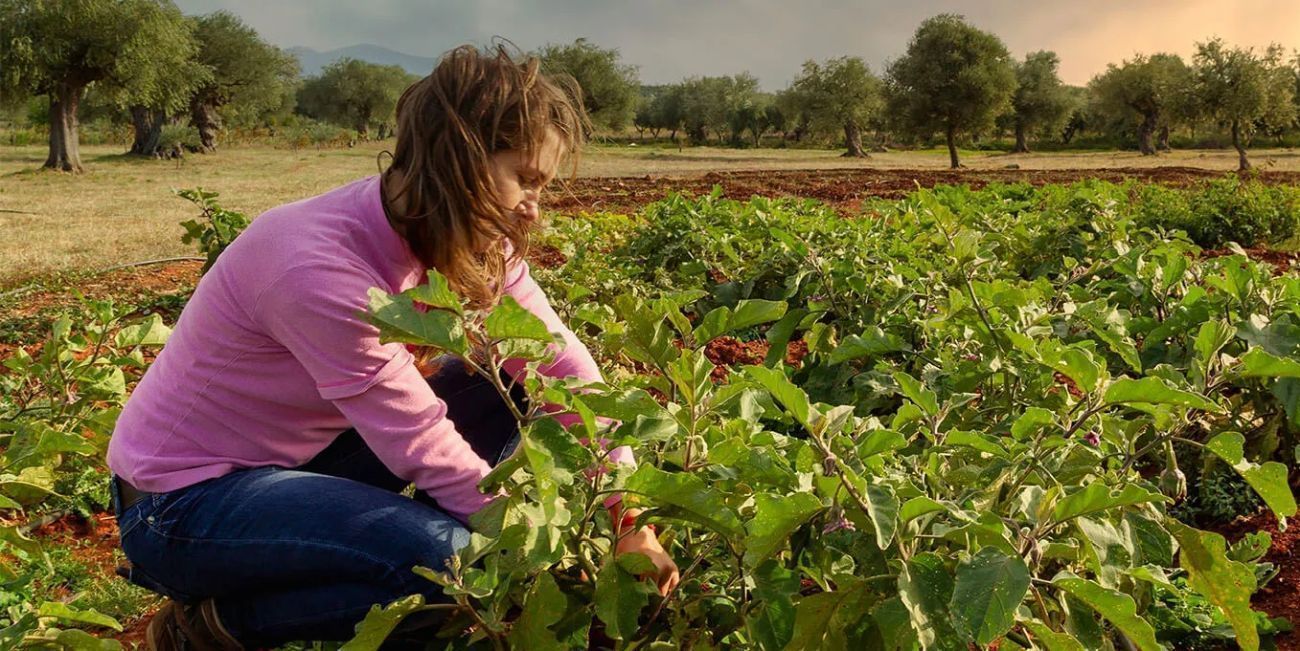Subsidy freeze triggers liquidity crisis for Greek farmers
A subsidy freeze tied to a land-fraud scandal leaves Greek farmers without collateral for seasonal loans, creating a liquidity shock that threatens planting, yields, and rural credit quality as banks tighten lending.

Greece’s agricultural sector, responsible for livelihoods across large rural regions, is confronting a liquidity shock triggered not by weather, commodity prices, or market demand, but by an administrative scandal. A fraudulent manipulation of land-ownership records inflated subsidy eligibility under EU agricultural support programs. In response, authorities froze or delayed a tranche of payments while investigations proceed — creating an unintended funding hole for farmers who depend on those subsidies as working capital.
The mechanism turning this administrative disruption into a macro shock is simple: subsidies are collateral. For Greek farmers, EU payments are not discretionary transfers. Banks use subsidy approvals as collateral when issuing seasonal loans for fertilizer, seeds, machinery repair, and labor. When subsidies are delayed, collateral disappears, loan approvals stall, and liquidity evaporates. A compliance problem becomes a credit-access problem.
Timing magnifies the damage. The freeze occurred during the critical farm-preparation cycle when liquidity is most essential. Farming is capital-intensive upfront: costs are incurred months before revenue arrives. Missing a planting window lowers output for the entire year. Farmers without financing cannot purchase inputs, delaying production and lowering yields. This has cascading effects across cooperatives, processing facilities, transport networks, and rural retail.
The scandal also raises credibility concerns in Brussels. The EU Common Agricultural Policy relies on traceability and accurate land mapping. Greece must now accelerate digitization — geolocation tagging, cadastral mapping, and audit-proof record-keeping — to restore trust. The transition will eventually create transparency and reduce fraud, but in the short term, it increases administrative burden and forces farmers into a procedural bottleneck.
Banks face balance-sheet implications. Without confirmed subsidies, loans that were low-risk become medium-risk. Risk-weighted asset calculations rise, and lending slows. Banks begin shifting from production-linked lending to collateral-based lending — favoring larger farms with asset backing and sidelining smaller producers who are most subsidy-dependent. Asset-quality deterioration becomes the dominant risk, not default. Even a short delay in subsidy flows lengthens repayment cycles and increases the probability of arrears.
Politically, agriculture has leverage. Rural voting blocs are essential in Greek politics, and governments respond quickly to agricultural strain. Emergency loan-guarantee programs or temporary subsidy advances are likely, but these are liquidity patches, not structural solutions. The real solution is modernization of land-ownership databases and compliance architecture — not stopgap funding.
The strategic risk is that prolonged subsidy freezes accelerate farm consolidation. Larger commercial operations can absorb delays; small family farms cannot. If liquidity remains constrained, small farmers may sell or lease land to larger operators, reducing rural economic diversity and weakening long-term social stability.
For the broader economy, the shock challenges Greece’s narrative of post-reform institutional strength. Investors evaluating Greek debt or equity risk premium watch for governance failures that could hint at deeper structural weaknesses. A subsidy interruption does not change macro fundamentals, but it introduces a perception of institutional fragility.
Forward indicators are clear: time to subsidy disbursement, approval rates for seasonal farm loans, and planting-rate progress relative to normal cycles. If disbursements resume promptly, the output impact will be contained. If delays stretch into the next planting cycle, Greece risks a full-year production decline and higher food import reliance.
The scandal reveals a critical truth: for Greek agriculture, funding is not a financial variable — it is a production variable.





